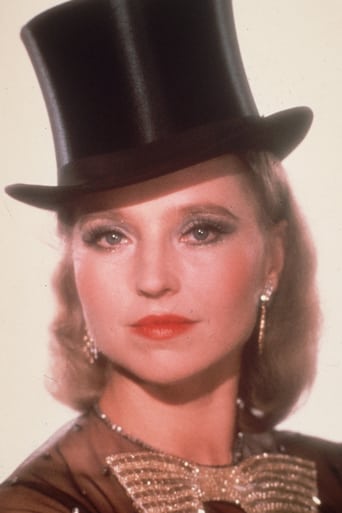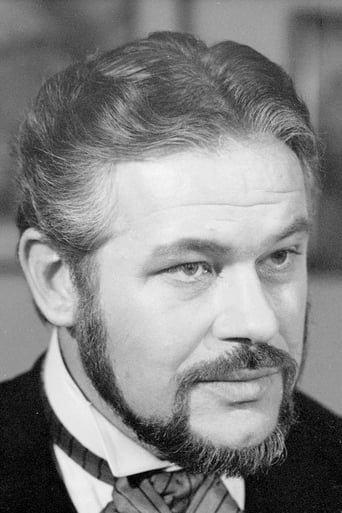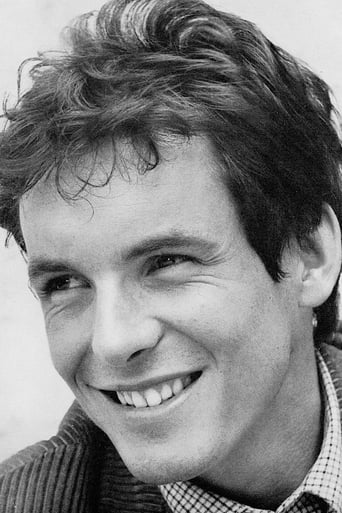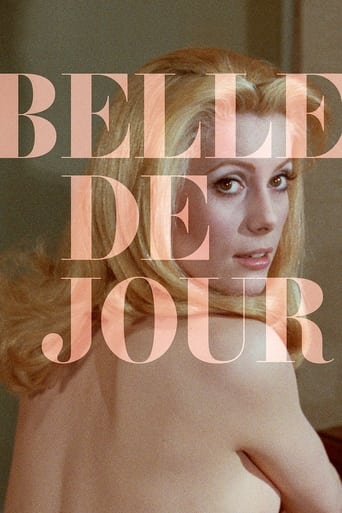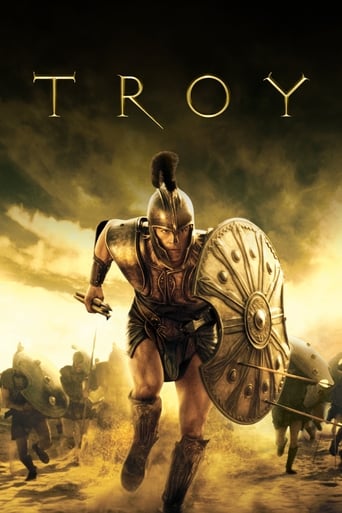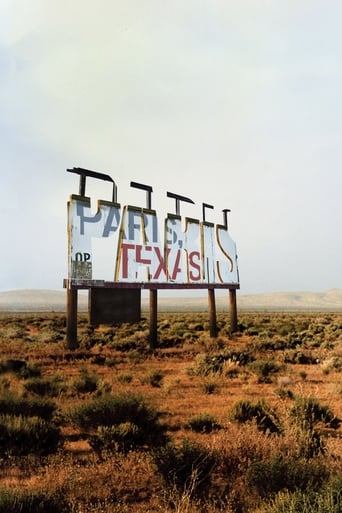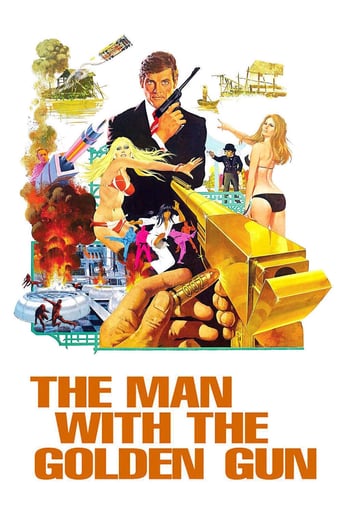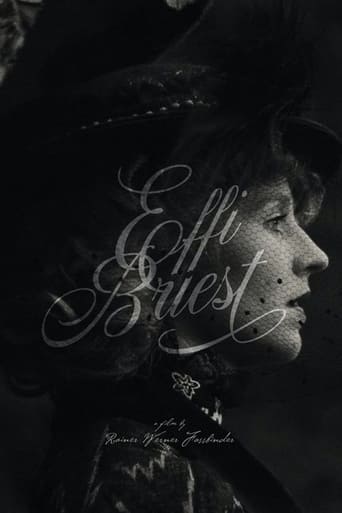
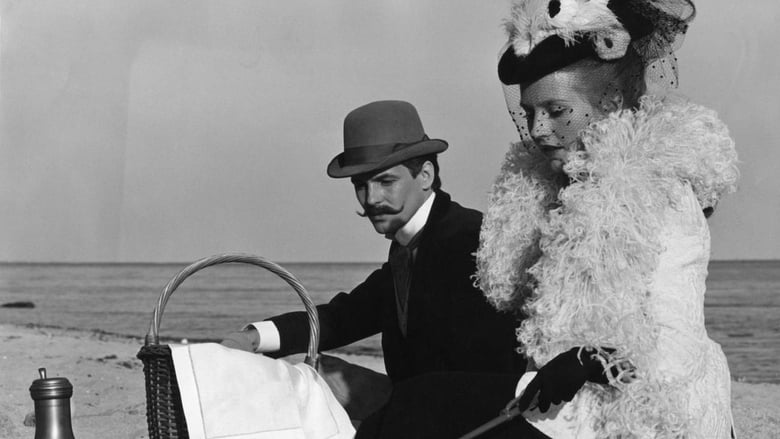
Effi Briest (1974)
When 17-year-old Effi Briest marries the elderly Baron von Instetten, she moves to a small, isolated Baltic town and a house that she fears is haunted. Starved for companionship, Effi begins a friendship with Major Crampas, a charismatic womanizer.
Watch Trailer
Cast


Similar titles
Reviews
Strong and Moving!
Sick Product of a Sick System
I cannot think of one single thing that I would change about this film. The acting is incomparable, the directing deft, and the writing poignantly brilliant.
Watching it is like watching the spectacle of a class clown at their best: you laugh at their jokes, instigate their defiance, and "ooooh" when they get in trouble.
In the nineteenth century, seventeen year old Effi Briest is married to the older Baron von Instetten and moves into a house, that she believes has a ghost, in a small isolated Baltic town.Similarities between "Effi Briest" and 20th-century Germany were easily found, helping to explain the popularity of the book and its subsequent film adaptions there. During the 1970s, West Germany was being racked by civil unrest as people sought to effect change, among these movements was the women's civil rights movement, which became a major influence for the film, as it compared the repressive nature in society between 19th century Prussia and 1970s West Germany.Fassbinder is one of the giants of new German cinema (by "new" I mean post-WWII), and here he demonstrates his prowess. Epic in length, using black and white to its fullest extent... this is one of those films that made him great, even if it may not be the most-remembered of Fassbinder films.
Effie is a young maiden who marries a Baron and talks about ghosts a lot. Effie Briest is in black and white, and its by Fassbinder. Beyond that, I just didn't like it. The characters are cold and distant, they move like statues and speak slowly as in a Dreyer film. The narrative techniques create a literacy atmosphere, fading to white, having brief title cards, and a narrator (voiced by Fassbinder) who interferes long after when he was needed, keeping us at a distance. Its a nice looking film, gorgeous in black and white, often like a painting of 18th Century characters standing on beaches or in drawing rooms. It doesn't remind me of Sirk specifically, aside from the few shots in mirrors and the overly composed shots. There's no histrionics, and hardly any music; melo in melodrama means music. The scenes on the beach where the narrator talks for minutes while we watch the characters from a mid-shot are either meant to be funny or they don't work at all, I can't decide. After watching some Ingmar Bergman films, the massive lack of humanity in this Fassbinder film makes it feel totally empty to me.
Maybe Theodor Fontane does not belong to the outstanding writers of world literature (he would be too provincial for the whole wide world perhaps), but nevertheless, his poetic realism and his sophisticated powers of observation lead his stories to a deep, often radical criticism of social conventions.That's probably the reason why Fassbinder adopted Fontane's most famous novel "Effi Briest" - to tell the story from the writer's very point of view, as far as possible and to make the social mechanisms of oppression and the assimilation of the individual to that obvious. His concern is already pointed out in the exceptionally long title of the film, which I can imagine is the longest in history and translates something like this: Fontane Effi Briest or: Many who have a notion of their abilities and needs and nevertheless accept the current regime in their minds through their deeds and therefore stabilize and pretty much affirm itThe atmosphere of coldness, of distance (which is, thanks to Fassbinder, at times really excruciating), of alienation is thematised through the cinematic techniques: mirror shots of the actors with a sometimes very blurred camera, misalignment of the camera by statues, flowers or curtains, cross-fades of dialogues and blindingly white fade-outs which sometimes abruptly interrupts a scene. In this sense, Fassbinder tightened Fontane's criticism to a maximum, but he wouldn't be Fassbinder otherwise.
a highly philosophical, political, deep, beautiful masterpiece of Fontane, reiterated by Fassbinder. I believe that Fassbinder chose this book because it's reflects his own story of "Angst", in his case, the guilt that if we know the mistakes of our society but still hesitate to rebel.this movie, as most Fassbinder titles is no superficial hollywood entertainment, it made me think.


